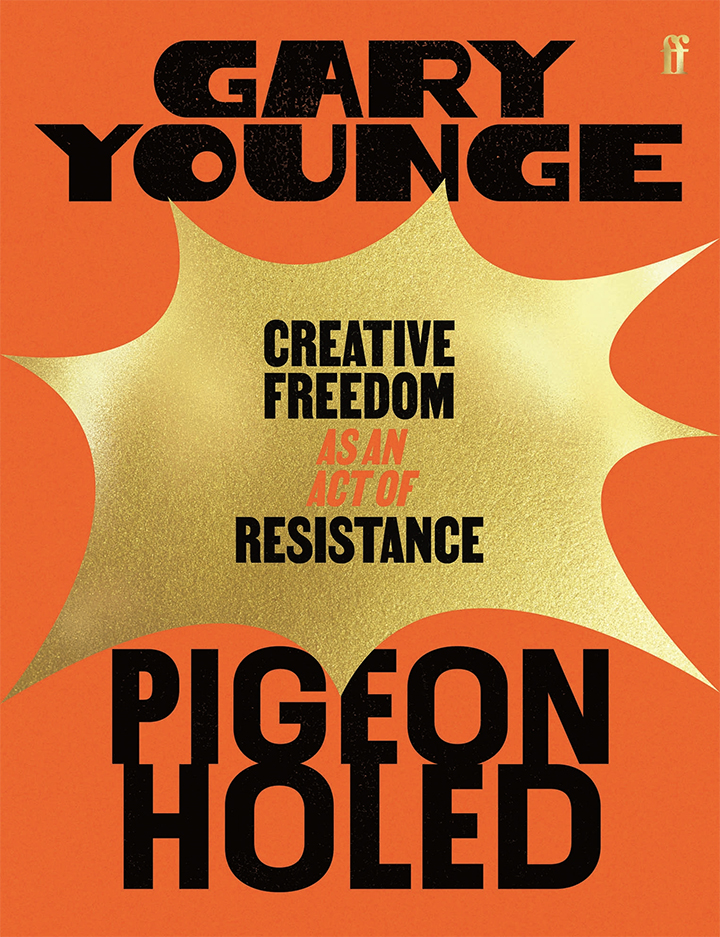
Back in January, German Chancellor Angela Merkel entertained the press corps with tales of a bizarre non-negotiation she’d conducted with British Prime Minister Theresa May. “Make me an offer,” May kept telling Merkel. To which Merkel would reply: “But you’re leaving—we don’t have to make you an offer. Come on, what do you want?” To which May would retort: “Make me an offer.”1
Five months later, Britain’s negotiating position has, if anything, become weaker. As though chiding a toddler (Merkel is said to have referred to the UK as the European Union’s “problem child”), an EU official recently complained, “The precondition for fruitful discussions has to be that the UK accepts the consequences of its own choices.”2
The British government’s buffoonish approach to Brexit has left two overarching impressions. The first is that Britain’s Euroskepticism emerges from an isolated and ultimately self-defeating political culture that has no rationale beyond nationalist idiocy. The second is that the EU is a secure and popular multinational organization that will resume its progress toward integration once this problem child is gone.3
Recent events across the continent have illustrated why neither of those assumptions is true. Both nationalism and Euroskepticism are widespread in Europe, though they are not synonymous, even if there is considerable overlap between the two. Partly as a result of that overlap, the EU is in a far more fragile situation than it at first appears, and remains in a struggle to maintain its legitimacy.4
The most recent example of how those two trends come together followed the March elections in Italy, in which the two biggest parties to emerge were the xenophobic Northern League and the maverick Five Star Movement. After some horse-trading, the two parties are now trying to form a far-right, Euroskeptic populist government.5
In this, Italy is not so much bucking a trend as cementing one. Its pledge to deport asylum seekers, raise pensions, and slash taxes is, sadly, part of the all-too-familiar bigoted economic illiteracy of the moment. Hungary and Slovenia have since had elections that delivered significant gains to the hard right. The EU has announced that it will sue Hungary, Poland, and the Czech Republic over their refusal to accept their quota of refugees; it has also threatened to withdraw EU voting rights from Poland for proposing reforms that would undermine the independence of its own judiciary.6
Rarer is that the two Italian parties support abandoning the euro. Neither campaigned to actually do that. But when they came together to form a government and appointed Paolo Savona as finance minister, things started to kick off. Savona has branded the euro a “German cage” and argued that “we need to prepare a plan B to get out of the euro if necessary…the other alternative is to end up like Greece.” In an unusual move, the Italian president vetoed Savona’s appointment, leaving the country still without a government. What some have described as a constitutional crisis should, at this point, be less dramatically termed an impasse. That Italy is heading into its fourth month without a government is not unheard of (Belgium went without one for more than 18 months a few years back).7






